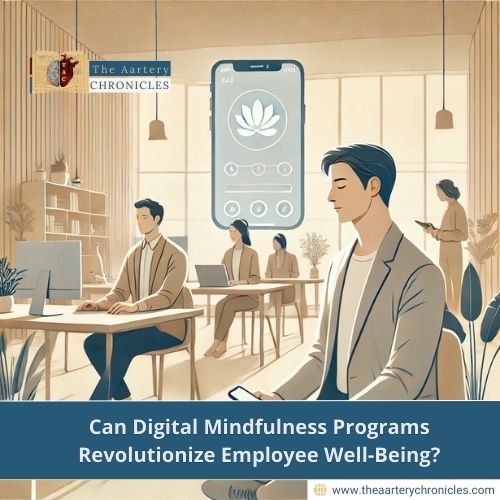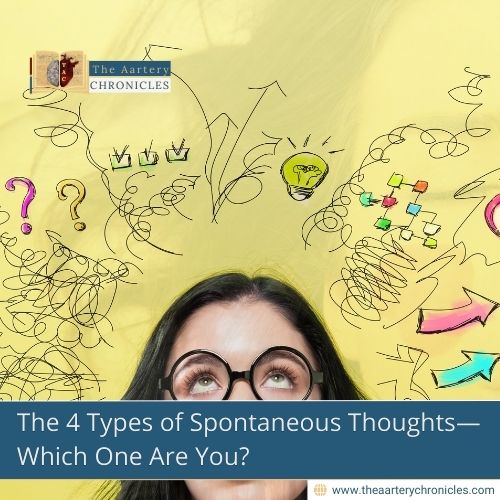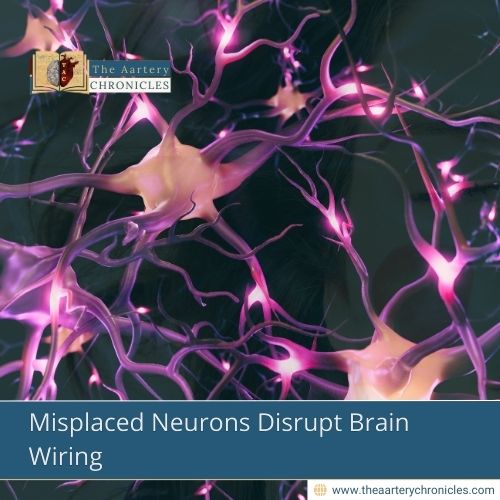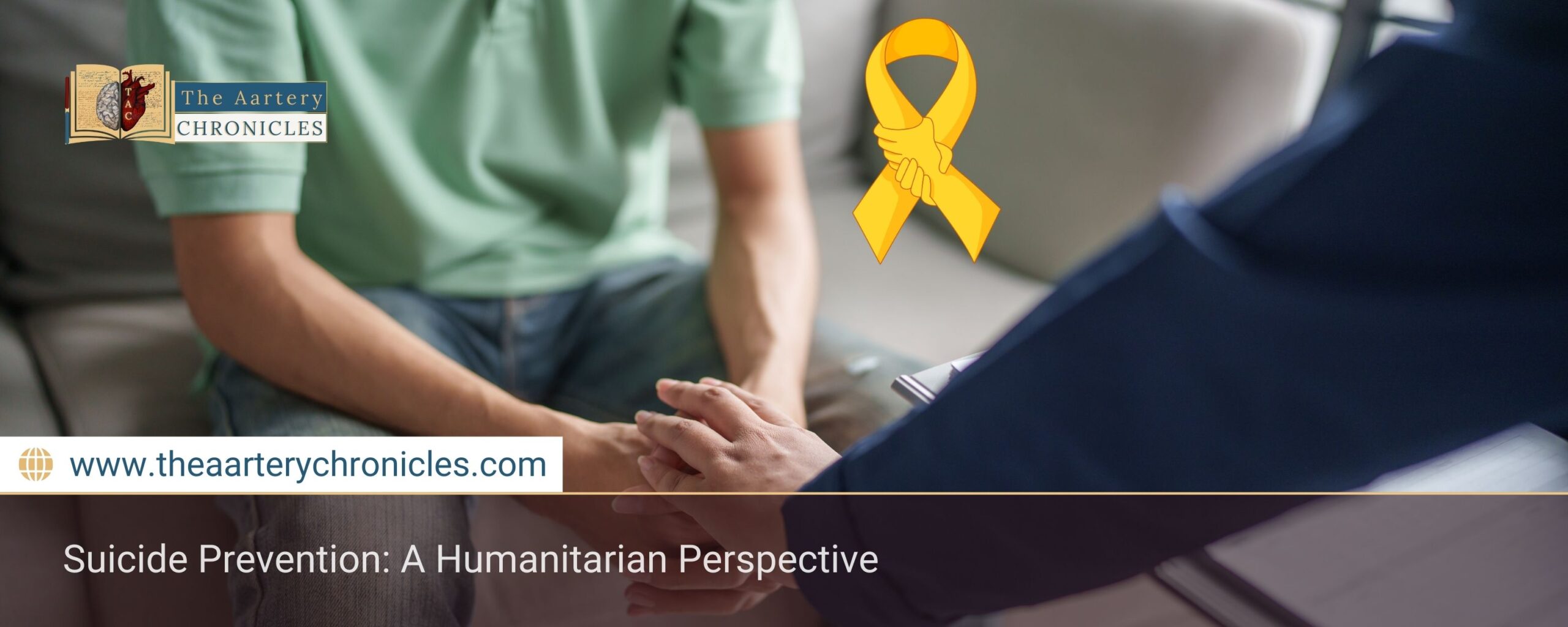
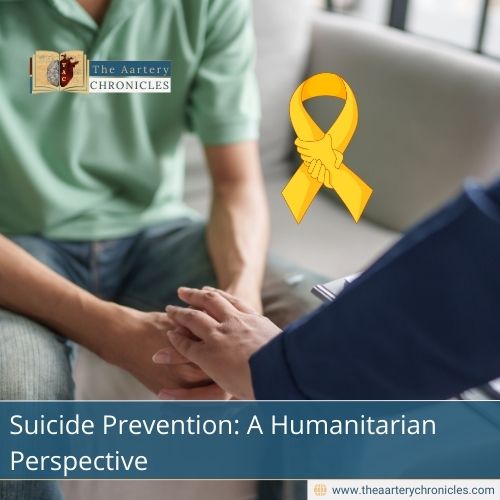
Suicide Prevention: A Humanitarian Perspective
Summary: Suicide remains an increasingly urgent global issue, impacting students, families, and farmers in important ways. This article approaches the subject from a humanitarian perspective, examining real-life stories, underlying causes, and emphasising the critical importance of compassion, preventative strategies, and societal change.
Did you know that nearly 700,000 people die by suicide every year worldwide, making it one of the leading causes of death across age groups? Beyond statistics, every suicide reflects
- Pain
- Neglect
- A deep need for empathy
Background
One of the “trending” news topics nowadays is suicide. Sad, but true.
A student commits suicide because he was unable to handle peer pressure; a teenager commits suicide after his parents confiscated his mobile phone; a youth commits suicide due to addiction to online gaming; a family commits suicide driven by superstitious or fanatic beliefs; a young girl commits suicide after her mother scolded her over academic results; a couple poison their infant and themselves because they were unable to repay their debt and were harassed by the moneylender; a family commits suicide over a property dispute; a teen instigates his lover to commit suicide; a man commits suicide because he was not allowed to meet his children; a social media influencer commits suicide to gain more ‘likes’ and ‘followers’ by live-streaming his death; a man commits suicide because his in-laws ill-treated him; a college student commits suicide due to harassment by his professors; a couple take their own lives as their families opposed their relationship; a man opens fire in a school, killing and injuring many, and later shoots himself; farmers commit suicide due to crop destruction from unseasonal climatic changes and debt burdens—and this is just the tip of the iceberg.
The reasons for suicides are numerous, but there is a dearth of effective combating measures.
Why Do Suicides Happen
There are many reasons why suicides occur:
- Family disputes
- Peer pressure
- Societal pressure
- Work pressure
- Educational pressure
- Debt
- Addiction
- Inconsequential reasons
- Fanatic or superstitious beliefs
- Honor
- Love
- Acute depression, anxiety
- Mental ailments
Humans, today, have a short fuse and tend to get triggered over the most inconsequential reasons. Who commits suicide because their mother scolded them? No, there must be more than what meets the eye.
Remedies to Prevent Suicide
The only way to prevent suicides is to take remedial measures.
- Workshops: There should be counselling workshops conducted in various educational institutions, work organizations, residential societies and rural areas to create awareness and guide people to refrain from taking this drastic step.
- Training: Professional training should be imparted to more and more volunteers to meet the barrage of suicide callers.
- Helplines: Suicide helplines should be manned 24×7 x 365 by trained volunteers.
- Online assistance: Psychologists should be available for online consultation, assistance and guidance.
- Parents/friends: There should be some trusted family member or friend in whom one can confide their feelings/suicidal thoughts
- Do not use AI: AI should not be used to confide in, as it makes the suicide inevitable
- Social media: Social media platforms should discourage persons from resorting to suicide in a bid to gain name, fame and popularity
- Support groups: Support groups help people voice their deepest and darkest thoughts and learn how to overcome them
- Professional help: Seek the assistance of professionally trained psychologists/ therapists at the earliest onset of depression to prevent self-harm
- CSR: Big organisations should come forward and fund organisations that help in suicide preventive measures a part of their CSR activities
- Government: The Government should support organisations and NGOs that are formed to discourage suicide
Practical Steps That Can Save Lives
- Build trust: The most essential step is trust, so that the person can confide in you and unburden their feelings.
- Listen without judgment: Listening to them patiently, without judging, and guiding them against taking such a drastic step
- Assure availability: The third step is time. Assure them that they can contact you any time they feel the urge to inflict self-harm or are depressed/suicidal.
- Check in periodically: The fourth step is to check in on the person periodically so you can gauge their mental condition
- Offer realistic solutions: The fifth step is to offer solutions, make them see reason and realise that suicide is no way out of their troubles
- Enlist professional help: The sixth step is to enlist professional help

The Role of Empathy and Life-Skills
Remember moral science class in school? Well, there is a need for moral science these days and times, as people seem to have forgotten it. Empathy is at an all-time low, and apathy is leading to a whole lot of distress and mayhem.
E.g. if a farmer has taken a loan for his field, and has a bad season where crops fail, then the money lender should give him some more time to repay his debt; instead of demanding the interest then and there! Surely some empathy can be shown, after all, how big a mansion is the lender going to build with the paltry interest amount from the farmer?
Instil life skills and teach people to stand up and face their problems rather than taking the cowardly way out by killing themselves. Teach them self-love and self-respect for themselves so they do not feel inferior to others. It is not the end of the day if you failed in your exam, there is more to life than exam results! Some of the greatest businessmen were not great scholars in their lives.
The Helpline Gap
There was an incident worth mentioning: According to an online article, some suicide prevention helpline numbers in India have Monday to Saturday working hours and fixed timings from 10 am to 8 pm, and a holiday on Sunday. So, if someone is feeling suicidal, should they wait from Monday to Saturday between 10 am to 8 pm to call the helpline? Some suicides occur during the late night or early morning hours, when the world is quietly asleep, but the person is struggling with his racing thoughts, all alone with no one to speak with. In this state of mind, is he going to rationally think
“No, it is Sunday /late night, no helplines will be operational, so I will postpone my suicidal thoughts according to the helpline working hours”. Of course not.
It was also found that most of the helplines were not being answered and that one was asked to call back as “the working hours are between 10 am to 8 pm, Monday to Saturday” or “leave your number and we will get back to you”. The “call back” from the helpline was the next morning, and that too from a person who sounded groggy and half asleep!
Is this how helplines work? How is this going to prevent suicide? All the more, cases will rise, as there is no one at the end of the “help” line to listen and understand.
Solution: An efficient helpline that is operational 24×7 all days of the week, with no set timings, so that anyone can call at any time of the day/night, for help with trained volunteers who respond with empathy and kindness and who listen without judgement.
AI and Suicide – A Dangerous Mix
Another recent tragedy, of a youth committing suicide, with the aid of AI, has been in the news. The youth, chatted with AI, who offered to write his suicide note, informed him of effective suicide methods, and kind of encouraged him to commit suicide. The US-based company is facing a lawsuit filed by the youth’s parents.
Solution: Instead of sharing his suicidal thoughts with a machine-based program like AI, shouldn’t the youth confide in his family or friends? Family and friends can deter him from taking such a drastic step. Be available for your children, talk to them, listen to the, look for any sudden behavioral changes in them, be aware of what they do, who they chat with online, teach them true values and the joy of life, do not pressurize them for anything be it academics or sports or any other things, guide the child to do what they love, and in extreme cases, seek professional assistance. Teach them that AI is used for reference purposes and it is not a substitute for human relationships. Teach them the value of human relationships and to be socially aware and active with family, friends, and relatives.
Conclusion
There are, no doubt, many statistics, explanations, reasons, and remedies for suicide, on a clinical and psychological level, but this write-up is an effort to view suicide from a humanitarian point of view. To show how we are lacking morals and empathy, concern and care; how we resort to greed and selfishness, how we de-value others’ lives and think solely of our benefits; how we have failed in instilling morals and values in children; how we turn a blind eye to the troubles of others but do all we can for our selfish motives; how we are failing as parents/ teachers/elders; how we are dragging our children to fulfil our unfulfilled dreams but not thinking that our child wants to achieve different dreams and desires; how we do not value human life rather we prioritize land/money/worldly possessions instead; how we cannot aid and abet anyone into committing suicide – we are not God that we can take lives! This is the dark reality, and the sooner we make amends, the better.
Suicide is not the answer to your problems; rather, it is “THE PROBLEM”.
Life is to live, not to take away. Choose life. Live and let live.
Suicide is not only a clinical issue but also a reflection of where humanity stands today. Have we forgotten empathy, compassion, and moral responsibility? A society that normalizes indifference will continue to lose its people to despair. We must remind ourselves: life is not to be discarded, it is to be lived, shared, and valued. Choosing life is the bravest step anyone can take.
- Rupal Sonpal
- Health News and Updates
- 7 September 2025
- 11:00

